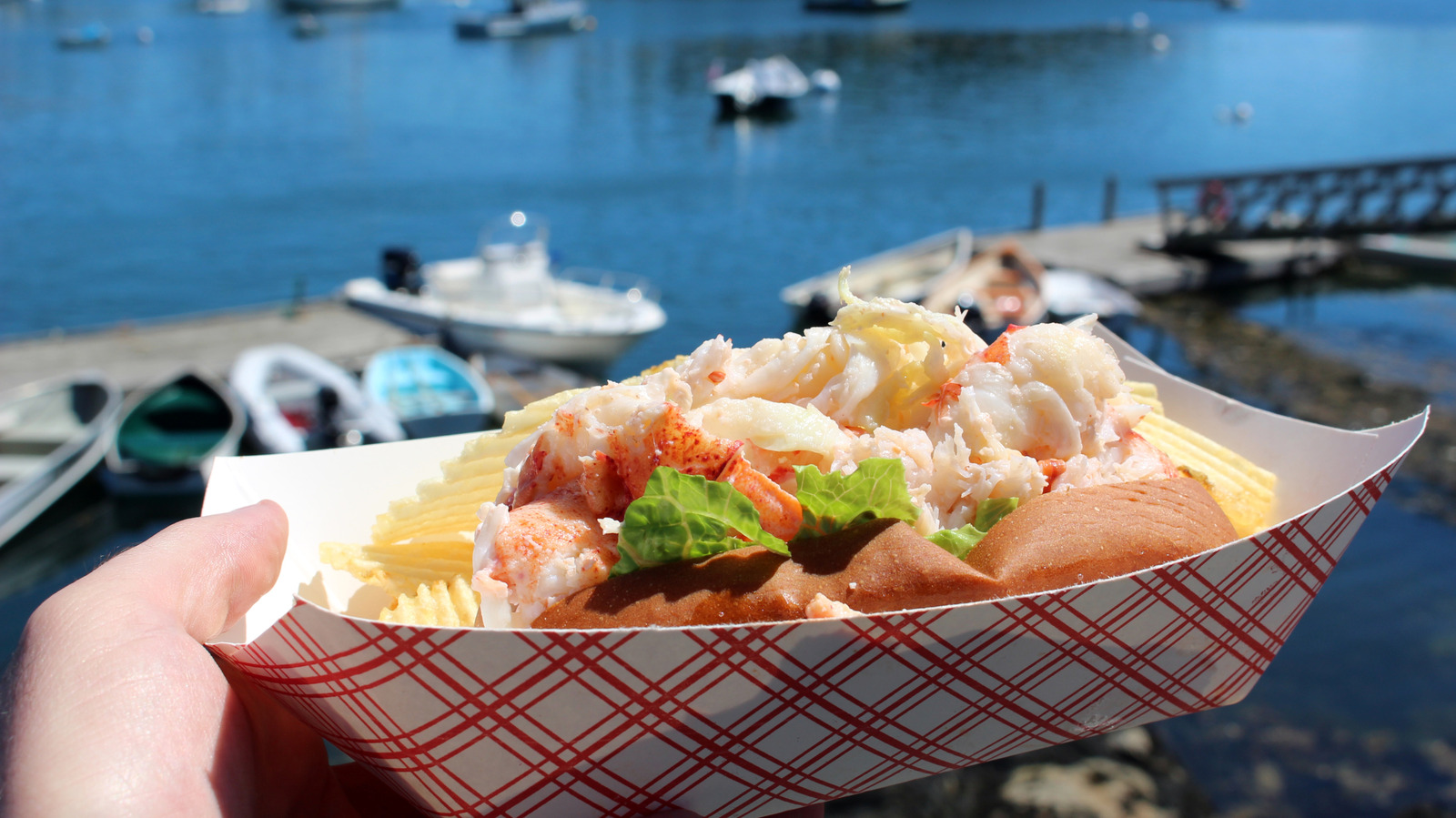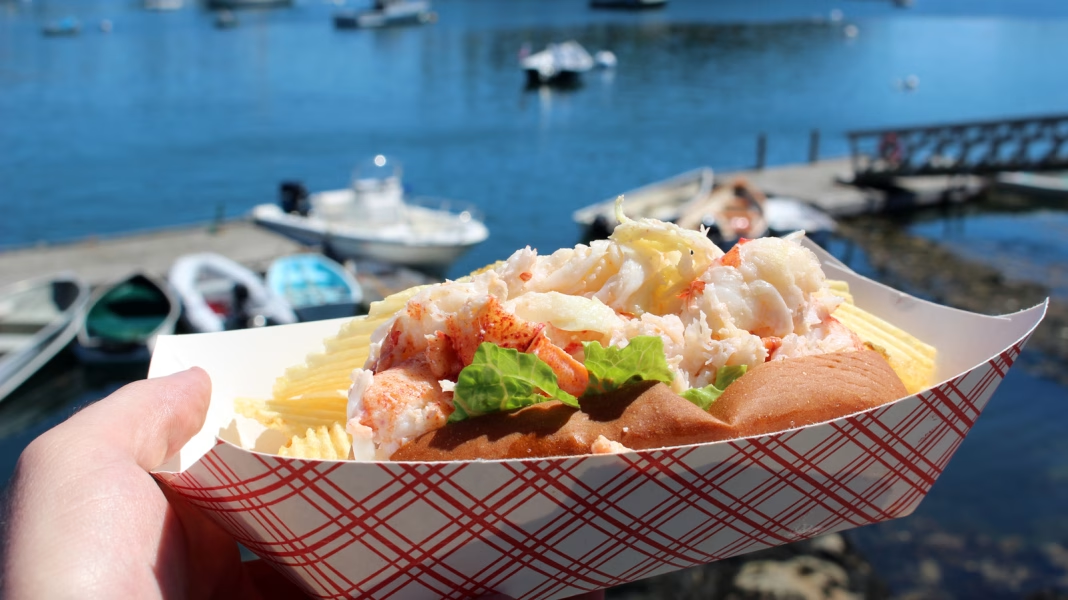Why Are Food Trucks Upset With the Maine Lobster Festival?
If you’ve ever dreamed of biting into a buttery lobster roll at a summer festival, you might assume the Maine Lobster Festival is the ultimate destination. But this year, things got a little messy behind the scenes. Several food truck owners claim that festival organizers tried to block them from selling lobster rolls—the very dish that draws thousands to the event in the first place.
So, what’s really going on? Food truck operators say they were pressured to remove lobster rolls from their menus, with some even reporting their trucks were relocated to less desirable spots when they refused. One vendor described being moved next to the portable toilets—a move that felt more like punishment than coincidence.
What’s the Festival’s Reason for Restricting Lobster Rolls?
Festival organizers have said their goal is to protect the event’s official lobster roll vendors, who pay a premium for exclusive rights. The logic: If everyone sells lobster rolls, the festival’s signature offering loses its special appeal, and the official booths—often run by local nonprofits—could see their fundraising efforts diluted.
It’s a tricky balance. On one hand, exclusivity can help maintain quality and support community groups. On the other, it risks alienating the small businesses that add flavor and variety to the festival experience.
How Are Food Truck Owners Responding?
Many food truck owners feel blindsided. They argue that lobster rolls are a staple of Maine cuisine, and restricting them at a lobster festival seems counterintuitive. Some have pointed out that their unique takes—think spicy aioli, gluten-free buns, or even lobster tacos—offer something different from the classic festival roll.
One operator shared that being moved next to the toilets led to a noticeable drop in foot traffic and sales. Another said customers were disappointed to find their favorite lobster roll off the menu. For these small businesses, every sale counts, especially during the busy summer season.
What Do Locals and Visitors Think?
Reactions from festival-goers have been mixed. Some regulars appreciate the tradition of the official lobster roll booths, seeing them as a core part of the event’s identity. Others, especially tourists, are puzzled by the restrictions. After all, isn’t more lobster always better?
A recent survey by the Maine Tourism Association found that 72% of visitors come to local festivals seeking variety and new twists on classic dishes. Limiting what vendors can serve might risk making the event feel less welcoming—or even less authentic.
Are There Legal or Ethical Issues at Play?
Exclusivity agreements aren’t new in the festival world, but they can raise eyebrows. According to the National Food Truck Association, clear communication and fair contracts are key. If vendors aren’t told upfront about menu restrictions or are moved without warning, it can lead to claims of unfair treatment or even legal disputes.
Ethically, there’s also the question of community spirit. Festivals thrive when they support both local nonprofits and small businesses. Striking the right balance is crucial for long-term success.
What Could the Festival Do Differently Next Year?
There’s no one-size-fits-all answer, but experts suggest a few possible solutions. The festival could offer a limited number of lobster roll permits to food trucks, ensuring variety without overwhelming the official booths. Or, they could encourage creative spins—allowing trucks to serve lobster in innovative formats that don’t directly compete with the classic roll.
Open communication is key. Vendors need to know the rules before they invest time and money. And festival organizers should listen to feedback from both businesses and attendees to keep the event vibrant and inclusive.
The Big Takeaway
The Maine Lobster Festival’s lobster roll debate isn’t about perfection—it’s about smarter adjustments. Start with one change this week, and you’ll likely spot the difference by month’s end. Whether you’re a festival organizer, food truck owner, or just a fan of fresh seafood, a little flexibility and open dialogue can turn a sticky situation into a recipe for success.


